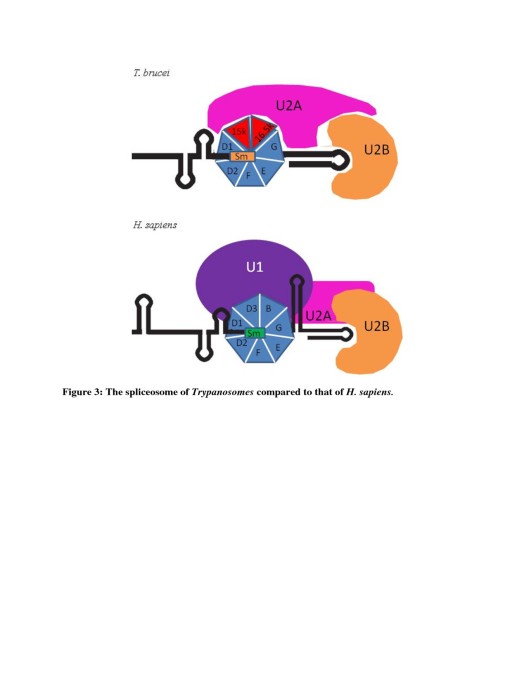The role played by alternative splicing in antigenic variability
Por um escritor misterioso
Descrição
Endo-parasites that affect humans include Plasmodium, the causative agent of malaria, which remains one of the leading causes of death in human beings. Despite decades of research, vaccines to this and other endo-parasites remain elusive. This is in part due to the hyper-variability of the parasites surface proteins. Generally these surface proteins are encoded by a large family of genes, with only one being dominantly expressed at certain life stages. Another layer of complexity can be introduced through the alternative splicing of these surface proteins. The resulting isoforms may differ from each other with regard to cell localisation, substrate affinities and functions. They may even differ in structure to the extent that they are no longer recognised by the host’s immune system. In many cases this leads to changes in the N terminus of these proteins. The geographical localisation of endo-parasitic infections around the tropics and the highest incidences of HIV-1 infection in the same areas, adds a further layer of complexity as parasitic infections affect the host immune system resulting in higher HIV infection rates, faster disease progression, and an increase in the severity of infections and complications in HIV diagnosis. This review discusses some examples of parasite surface proteins that are alternatively spliced in trypanosomes, Plasmodium and the parasitic worm Schistosoma as well as what role alternate splicing may play in the interaction between HIV and these endo-parasites.
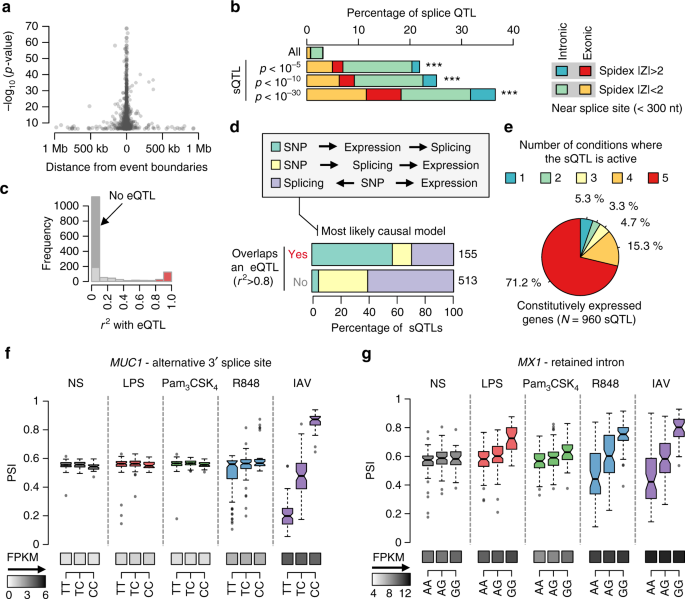
Defining the genetic and evolutionary architecture of alternative splicing in response to infection
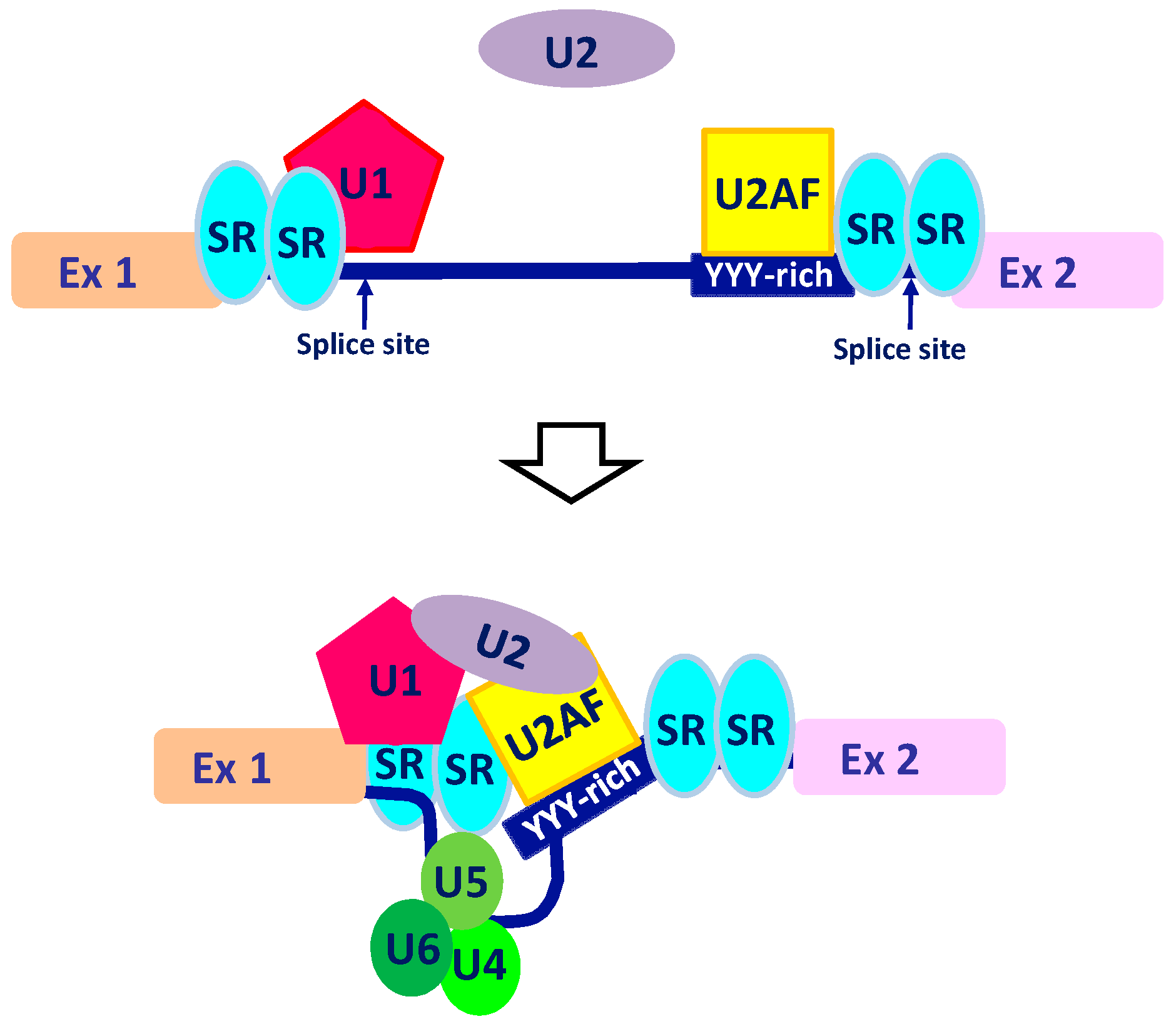
Cells, Free Full-Text

The Function of Pre-mRNA Alternative Splicing in Mammal Spermatogenesis

Alternative splicing of apoptosis genes promotes human T cell survival
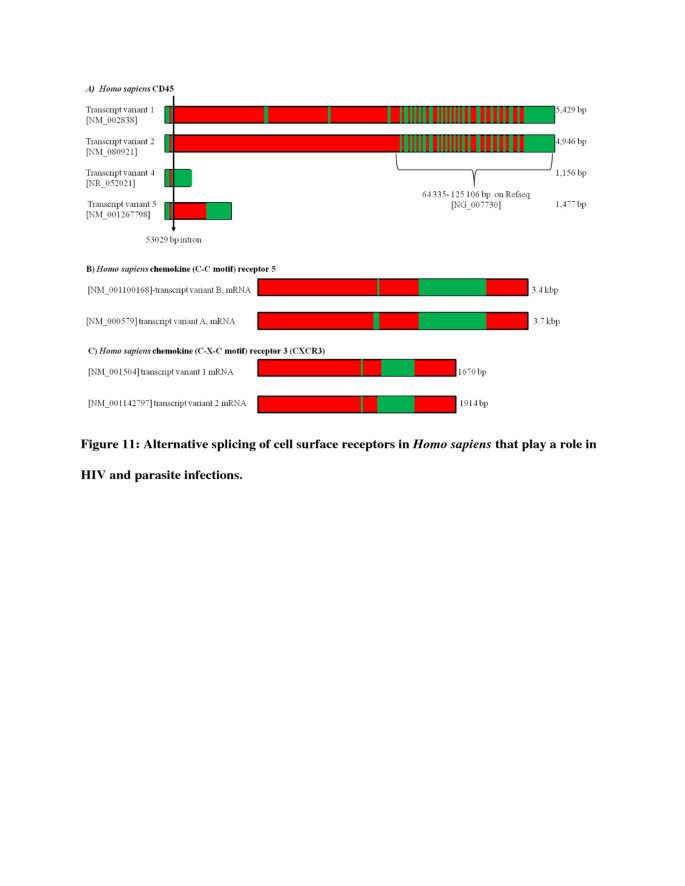
The role played by alternative splicing in antigenic variability in human endo-parasites, Parasites & Vectors
Alternative splicing in cancer cells. Impact of splicing (left part)

RNA splicing - Wikipedia
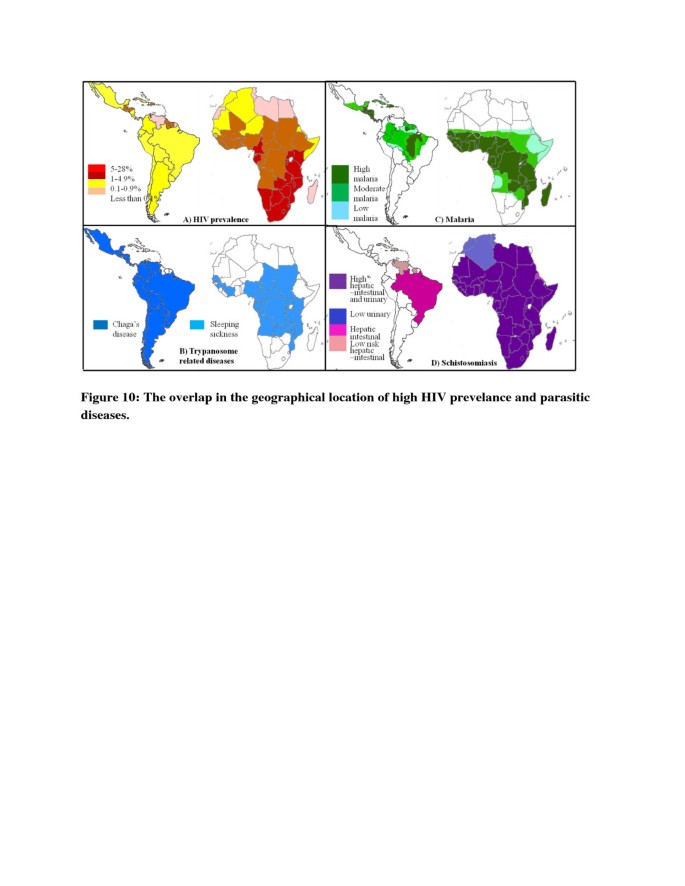
The role played by alternative splicing in antigenic variability in human endo-parasites, Parasites & Vectors

The Expanding Landscape of Alternative Splicing Variation in Human Populations - ScienceDirect

Temporal Modulation of Differential Alternative Splicing in HaCaT Human Keratinocyte Cell Line Chronically Exposed to Arsenic for up to 28 Wk, Environmental Health Perspectives

SpliceRCA: in Situ Single-Cell Analysis of mRNA Splicing Variants
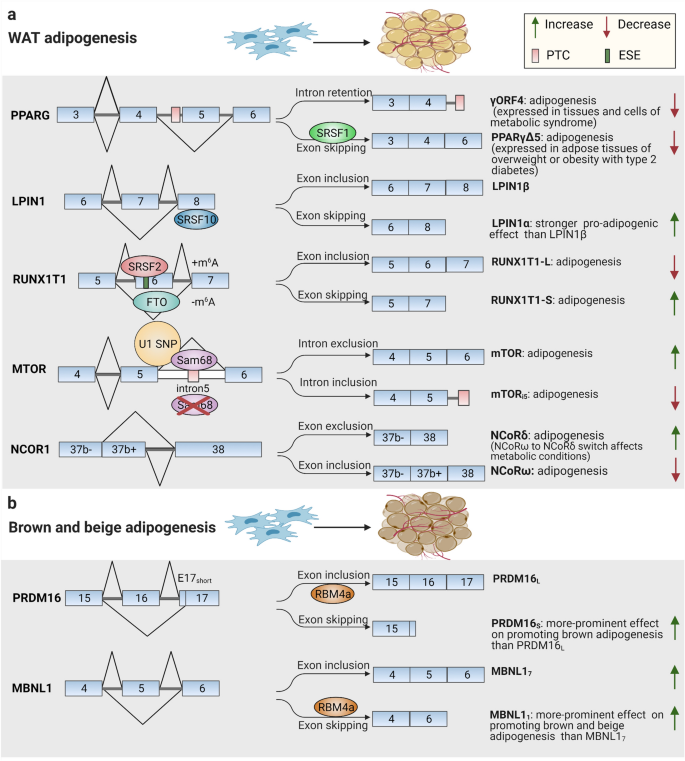
Regulatory roles and mechanisms of alternative RNA splicing in adipogenesis and human metabolic health, Cell & Bioscience

PDF) The role played by alternative splicing in antigenic variability in human endo-parasites
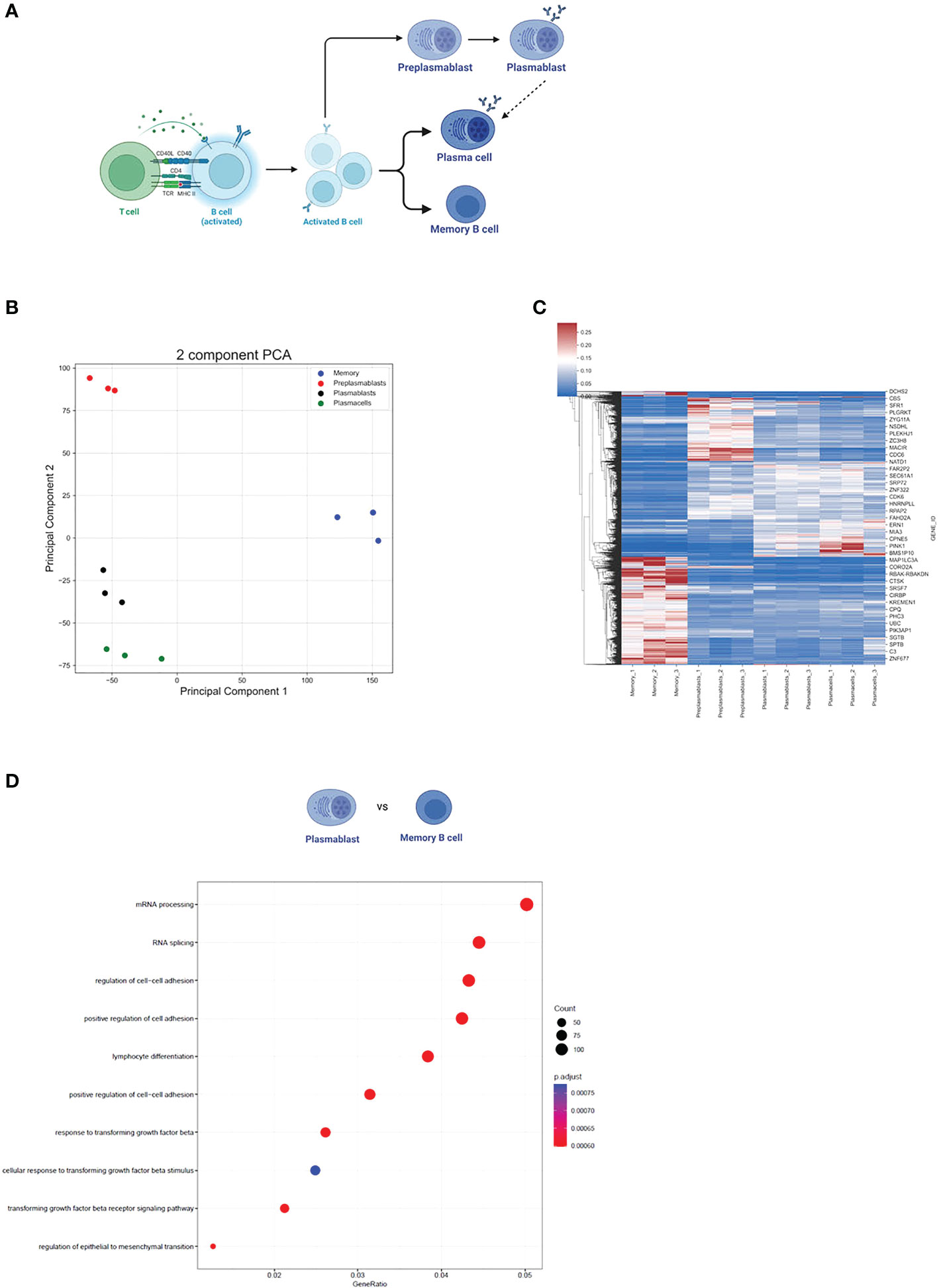
Frontiers In silico analysis of alternative splicing events implicated in intracellular trafficking during B-lymphocyte differentiation

PDF) The role played by alternative splicing in antigenic variability in human endo-parasites
de
por adulto (o preço varia de acordo com o tamanho do grupo)


